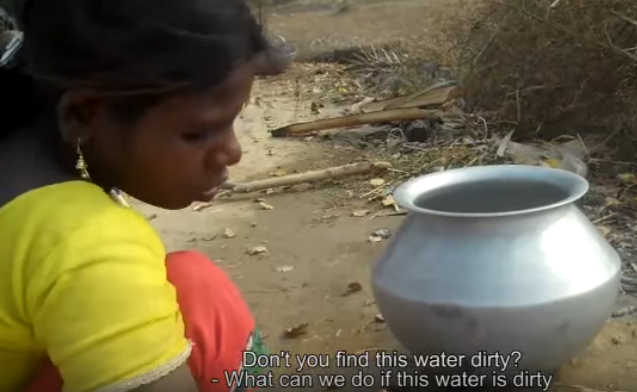Although the number of Birhor increased from 7,514 in the 2001 census of India to 10,726 in 2011, tribal rights activists claim that the population is now declining. According to a news story on July 25 in The Pioneer, an English language daily newspaper, a couple major research institutes are planning to conduct a study of the Birhor society to try to find out the extent of the decline and the reasons for it.

The Birhor people live in villages and forests of the Hazaribag, Giridih, Ranchi, Dhanbad and Lohardaga districts of Jharkhand state. The Rajendra Institute of Medical Sciences (RIMS) along with the Tribal Research Institute (TRI) will be conducting the study with Dr. Vivek Kashyap, the Superintendent of RIMS, as the Principal Investigator for the project.
The researchers will investigate the genetics, marriage rates, social norms, and health issues that might be involved in the suggested population decline. Dr. Kashyap told the newspaper that they hope to begin the survey in the Hazaribag and Ranchi districts within the next month.

Tribal rights activists argue that health issues are a major factor in causing problems for the Birhor and the other Particularly Vulnerable Tribal Groups of Jharkhand. Dayamani Barla, one of the activists, told the reporter that the “PVTGs here are dying every day of hunger, malaria and tuberculosis.” She noted that her information contrasts with the “happy picture” of the tribal societies given by the census reports.
The study, which is likely to cost about Rs 20 lakh (US$28,000), will begin as soon as the government releases the funds for it. According to the reporter, the state and national governments already administer several programs to develop, empower, and educate the Birhor, but the activists complain that they are poorly run, resulting in malnutrition, poverty, and fatalities.

